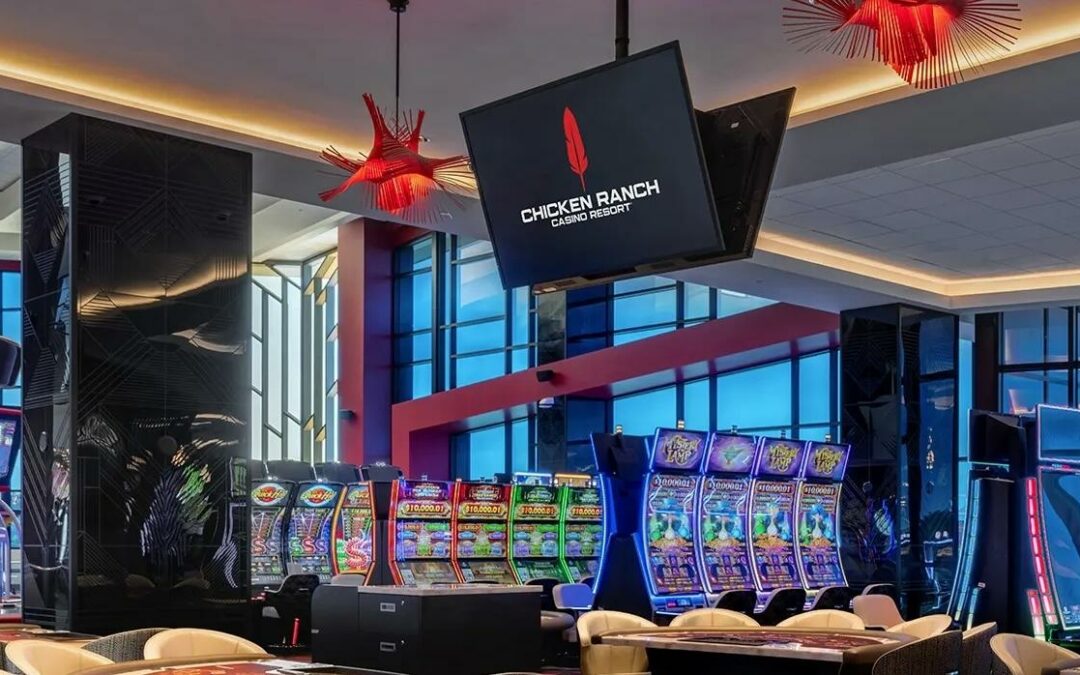Robinhood Derivatives, LLC and Robinhood Markets, Inc. have a filed their response to the motion by three Indian tribes for a preliminary injunction against Kalshi.
In August 2025, the Blue Lake Rancheria, Chicken Ranch Rancheria of Me-Wuk Indians, and Picayune Rancheria of the Chukchansi Indians filed a lawsuit against Kalshi and Robinhood for allegedly illegal sports gambling.
About a month after that, the plaintiffs moved the California Northern District Court to enter a preliminary injunction enjoining Kalshi from offering on the Tribes’ Indian lands any sports contracts, including, but not limited to, contracts that facially involve, relate to, or reference the sports of baseball, tennis, pickleball, soccer, basketball, football, golf, chess, esports, hockey, motorsports, the Ultimate Fighting Championship (“UFC”), and any other sports events.
Now, Kalshi and Robinhood oppose the Tribes’ motion for a preliminary injunction.
In its response, Robinhood argues that it would likely suffer substantial and irreparable harm to its federally authorized event contract business if the Court were to enjoin Kalshi from offering sports-related event contracts on Indian lands.
Robinhood offers its customers the ability to trade event contracts on Kalshi’s exchange – derivatives that let customers trade based on predictions about the occurrence of future events, including sports.
Robinhood says that, under the Commodity Exchange Act (“CEA”), event contract trading is within the “exclusive jurisdiction” of the Commodity Futures Trading Commission (“CFTC”).
The company alleges that Robinhood and Kalshi each perform separate functions under the CFTC’s comprehensive federal regulatory scheme for trading futures, swaps and other derivatives. Kalshi operates as a CFTC- registered Designated Contract Market (“DCM”), which authorizes Kalshi, subject to CFTC oversight, to operate an exchange for event contracts trading. Robinhood operates as a CFTC-registered Futures Commission Merchant (“FCM”), which authorizes Robinhood, also subject to CFTC oversight, to solicit and accept event contract orders from customers; Robinhood then intermediates those orders and routes them for execution through Kalshi’s exchange.
As a result, according to Robinhood, an injunction against Kalshi would disrupt Robinhood’s business, which depends on Kalshi’s exchange to facilitate customer event contract orders.
Even more importantly, Robinhood says, a preliminary injunction also dismantles this federal regulatory scheme.









